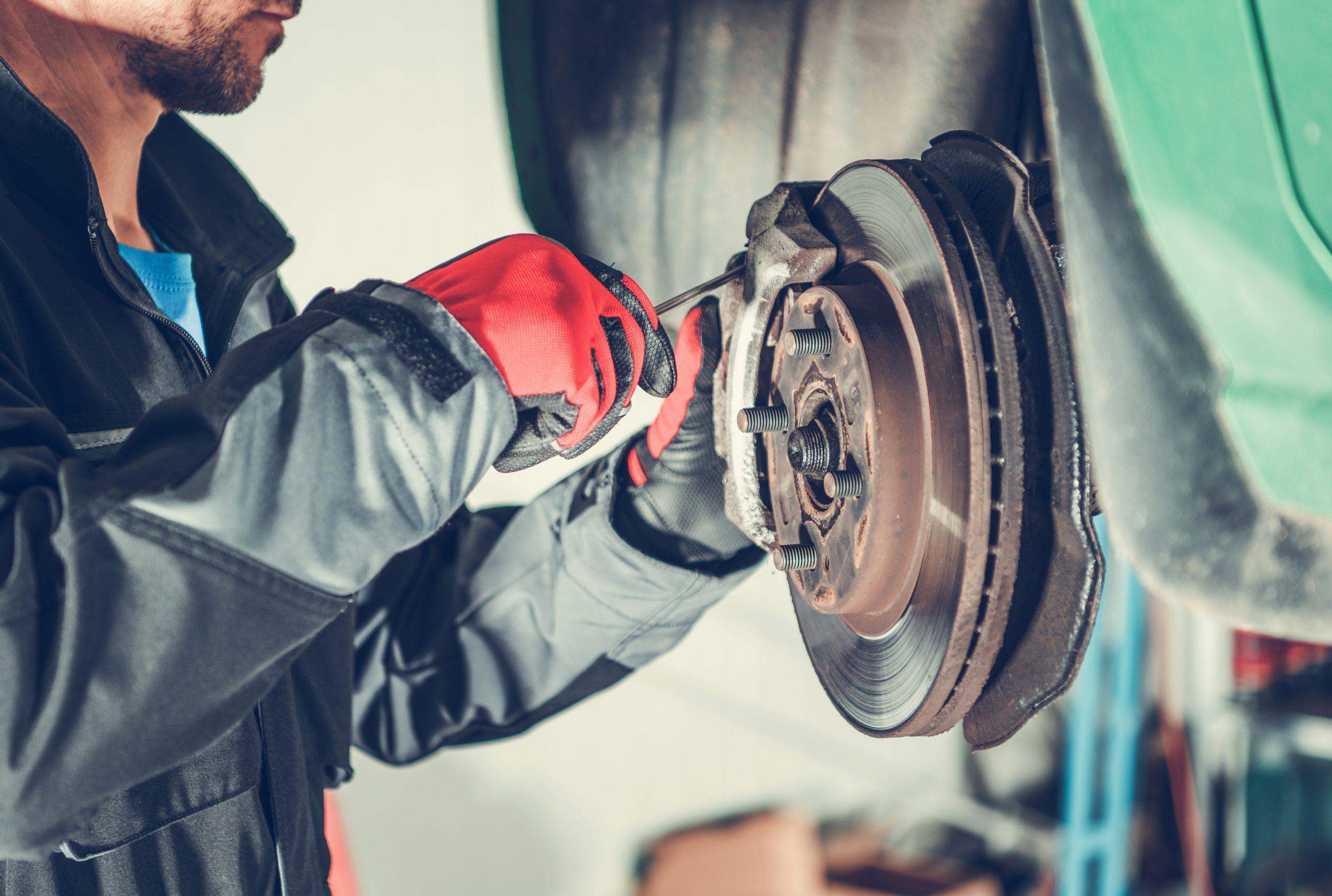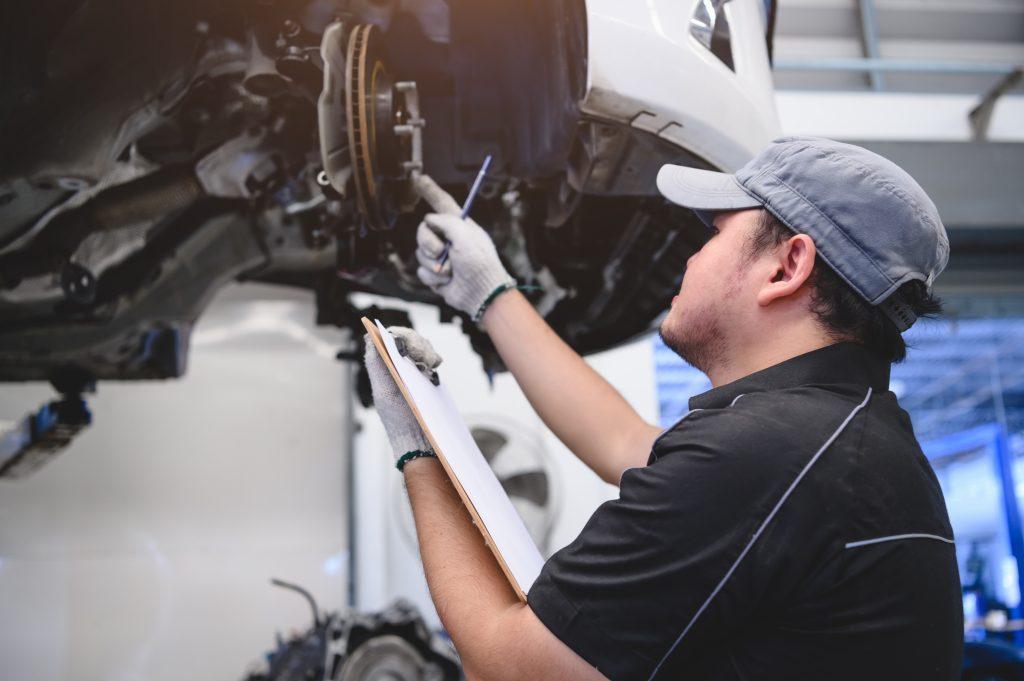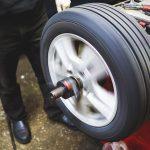
Breaking Down Brake Care: Expert Tips for Every Driver
- Harbor Brakes
- December 26, 2023
- Brakes
- brake, brake caliper, brake disc, brake fluid, brake flush, brake maintenance, brake pads, brake repair, brake rotors, brake service, pads, rotors
Welcome to Harbor Brakes and Auto Repair’s blog! Today, we’re focusing on a crucial aspect of your vehicle’s safety: brake care. Whether you’re a seasoned driver or a newbie behind the wheel, understanding how to maintain and service your brakes is vital. In this comprehensive guide, we’ll break down everything you need to know about brake maintenance, from the basics to pro tips.
1. Understanding Your Braking System
What Makes Up Your Brakes? Your vehicle’s brake system is more than just pressing a pedal. It consists of several components, including brake pads, rotors, calipers, and the braking fluid system. Each part plays a crucial role in ensuring your car stops effectively and safely.

2. Regular Brake Inspections: A Must for Every Vehicle
Why Regular Checks are Essential Regular brake inspections are key to identifying wear and tear before it turns into a costly repair. Experts recommend having your brakes checked at least once a year or every 12,000 miles. During an inspection, mechanics look at the thickness of pads, condition of rotors, and the quality of brake fluid.

3. Recognizing the Signs of Brake Trouble
Warning Signs to Watch Out For It’s important to be aware of the warning signs that your brakes need attention. These include unusual noises like squealing or grinding, a vibrating brake pedal, longer stopping distances, or a brake warning light on your dashboard.

4. The Importance of Quality Brake Pads
Choosing the Right Brake Pads Brake pads are a critical component of your braking system. They come in various materials, each suited to different driving styles and conditions. Understanding the difference between ceramic, and semi-metallic brake pads can help you make an informed choice for your vehicle.

5. Brake Fluid: The Lifeblood of Your Brake System
Why Changing Brake Fluid Matters Brake fluid plays a pivotal role in your car’s braking performance. Over time, it can absorb moisture, leading to reduced effectiveness and potential brake failure. Flushing and replacing brake fluid at recommended intervals is crucial for maintaining brake responsiveness.

6. DIY Tips for Basic Brake Maintenance
Simple Steps for Home Care While professional service is crucial, there are simple maintenance steps you can take at home. These include checking brake fluid levels, inspecting brake pads for wear, and listening for any unusual noises when braking.

7. When to Seek Professional Help
The Role of Expert Mechanics Some brake issues require professional expertise. If you’re experiencing persistent problems or your vehicle exhibits any of the warning signs mentioned earlier, it’s time to visit a trusted auto repair shop like Harbor Brakes and Auto Repair.

Conclusion
Remember, proper brake maintenance isn’t just about avoiding repairs; it’s about ensuring your safety and that of others on the road. By following these expert tips and staying vigilant about your vehicle’s braking system, you can enjoy peace of mind on every journey.


